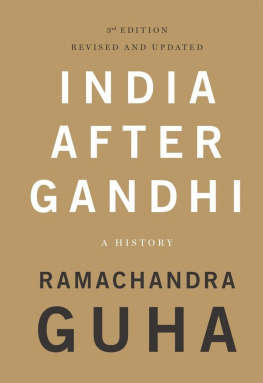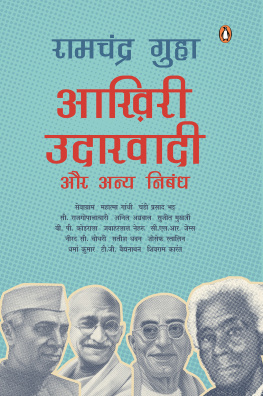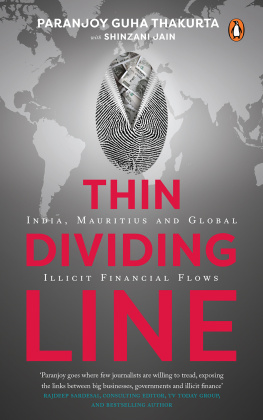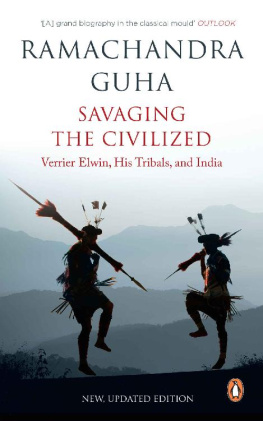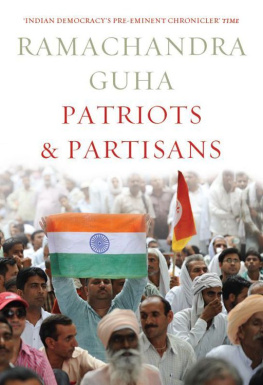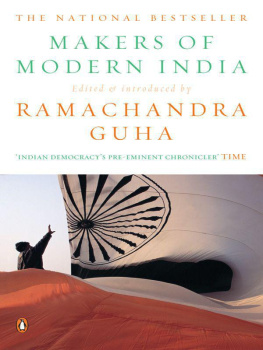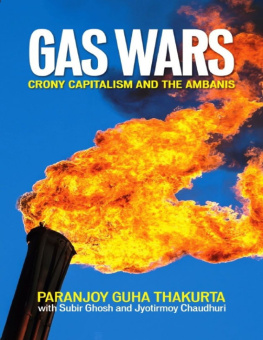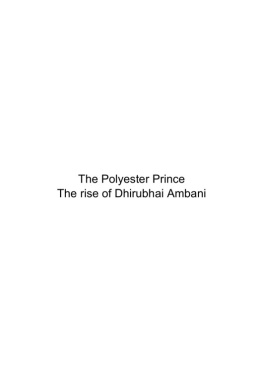P. Guha-Thakurta - The Bengali Drama: Its Origin and Development
Here you can read online P. Guha-Thakurta - The Bengali Drama: Its Origin and Development full text of the book (entire story) in english for free. Download pdf and epub, get meaning, cover and reviews about this ebook. year: 2013, publisher: Routledge, genre: Religion. Description of the work, (preface) as well as reviews are available. Best literature library LitArk.com created for fans of good reading and offers a wide selection of genres:
Romance novel
Science fiction
Adventure
Detective
Science
History
Home and family
Prose
Art
Politics
Computer
Non-fiction
Religion
Business
Children
Humor
Choose a favorite category and find really read worthwhile books. Enjoy immersion in the world of imagination, feel the emotions of the characters or learn something new for yourself, make an fascinating discovery.

- Book:The Bengali Drama: Its Origin and Development
- Author:
- Publisher:Routledge
- Genre:
- Year:2013
- Rating:5 / 5
- Favourites:Add to favourites
- Your mark:
- 100
- 1
- 2
- 3
- 4
- 5
The Bengali Drama: Its Origin and Development: summary, description and annotation
We offer to read an annotation, description, summary or preface (depends on what the author of the book "The Bengali Drama: Its Origin and Development" wrote himself). If you haven't found the necessary information about the book — write in the comments, we will try to find it.
The Bengali Drama: Its Origin and Development — read online for free the complete book (whole text) full work
Below is the text of the book, divided by pages. System saving the place of the last page read, allows you to conveniently read the book "The Bengali Drama: Its Origin and Development" online for free, without having to search again every time where you left off. Put a bookmark, and you can go to the page where you finished reading at any time.
Font size:
Interval:
Bookmark:

In 14 Volumes
| I | Indian Poetry |
| Edwin Arnold | |
| II | A Sketch of the Modern Languages of the East Indies |
| Robert N Cust | |
| III | Lays of Ancient India |
| Romesh Chunder Dutt | |
| IV | The Birth of the War-God |
| Ralph T H Griffith | |
| V | The Bengali Drama |
| P Guha-Thakurta | |
| VI | Miscellaneous Essays Relating to Indian Subjects Vol I |
| Brian Houghton Hodgson | |
| VII | Miscellaneous Essays Relating to Indian Subjects Vol II |
| Brian Houghton Hodgson | |
| VIII | Metrical Translations from Sanskrit Writers |
| J Muir | |
| IX | The History of Indian Literature |
| Puran Singh | |
| X | The History of Indian Literature |
| Albrecht Weber | |
| XI | The atakas of Bhartihari |
| B Hale Wortham | |
| XII | Behar Proverbs |
| John Christian | |
| XIII | A Classified Collection of Tamil Proverbs |
| Herman Jensen | |
| XIV | Folk-Tales Kashmir |
| J Hinton Knowles |

Routledge, Trench, Trbner & Co Ltd
Routledge
2 Park Square, Milton Park, Abingdon, Oxon, OX14 4RN
or utilized in any form or by any electronic, mechanical, or other means,
now known or hereafter invented, including photocopying
and recording, or in any information storage or retrieval system, without
permission in writing from the publishers.
of the works reprinted in Trbner's Oriental Series.
This has not been possible in every case, however, and we would
welcome correspondence from those individuals/companies
we have been unable to trace.
the condition of these originals is not perfect. The publisher has gone to
great lengths to ensure the quality of these reprints, but wishes to point
out that certain characteristics of the original copies will, of neccessity, be
apparent in reprints thereof.
A CIP catalogue record for this book
is available from the British Library
ISBN 0-415-24504-4
India: Language and Literature: 14 Volumes
ISBN 0-415-24289-4
Trber's Oriental Series
ISBN 0-415-23188-4
BENGALI DRAMA
P. GUHA-THAKURTA, M.A. (Harvard), Ph.D. (London),
Sometime Reader in English, Lucknow University.
ROUTLEDGE, TRENCH, TRUBNER & CO., LTD.
BROADWAY HOUSE: 6874 CARTER LANE. E.C.
1930
| CHAP. |
Font size:
Interval:
Bookmark:
Similar books «The Bengali Drama: Its Origin and Development»
Look at similar books to The Bengali Drama: Its Origin and Development. We have selected literature similar in name and meaning in the hope of providing readers with more options to find new, interesting, not yet read works.
Discussion, reviews of the book The Bengali Drama: Its Origin and Development and just readers' own opinions. Leave your comments, write what you think about the work, its meaning or the main characters. Specify what exactly you liked and what you didn't like, and why you think so.

